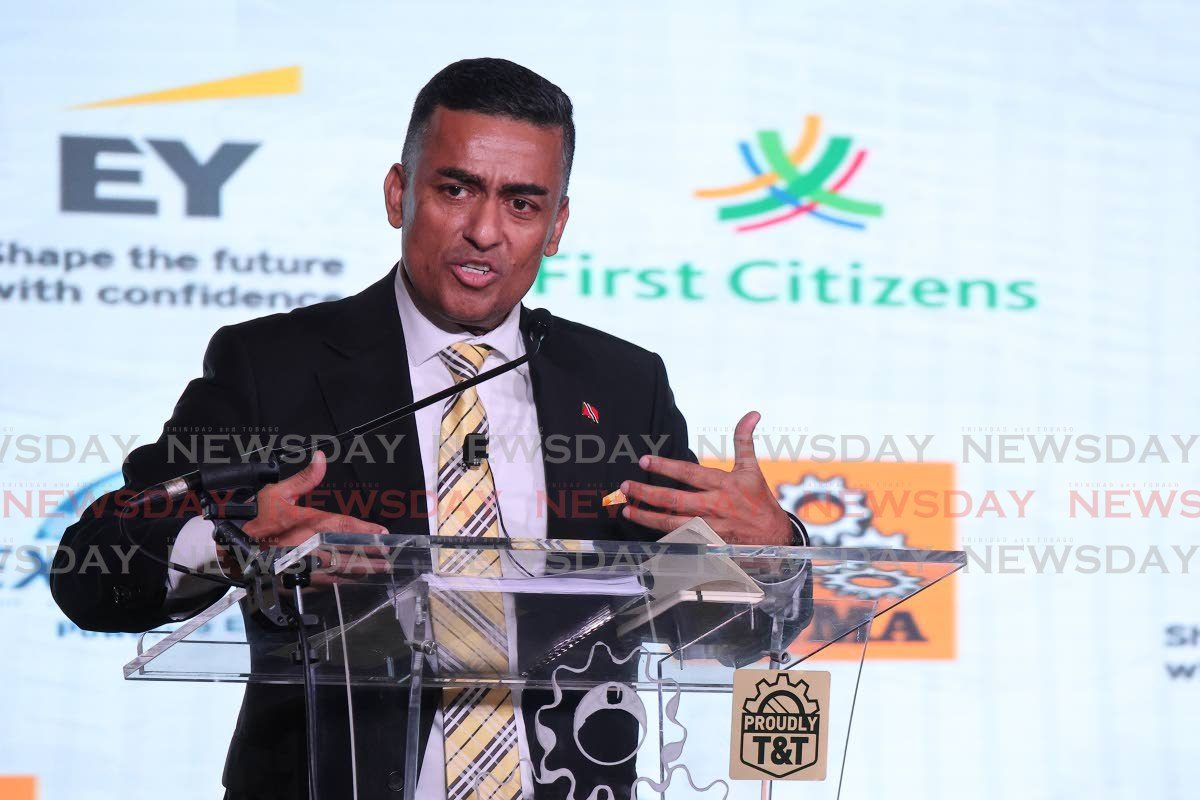In a recent national budget announcement, Finance Minister Davendranath Tancoo revealed a $1 reduction in the price of super gasoline, a move expected to save citizens between $400 million and $500 million annually. Prime Minister Persad-Bissessar emphasized that such a reduction would have been unthinkable under the previous PNM administration. To compensate for the lost revenue, the government introduced a new tax on the assets of banks, effective from January 1, 2026. Using 2024 audited financial statements, preliminary calculations indicate that major banks like Republic Financial Holdings, First Citizens Holding, Scotiabank, JMMB (TT) Bank, and RBC TT will collectively pay approximately $565.403 million in asset levies. This figure excludes contributions from ANSA Bank, CIBC, and Citibank. Additionally, these banks already contribute significantly through corporate income taxes and dividends. For instance, Republic Holdings alone paid $1.262 billion in taxes and dividends in 2024, with the new levy pushing this total to around $1.83 billion. Finance Minister Tancoo projected that the government would generate approximately $575 million annually from this tax in 2026, based on the banks’ 2025 asset base. However, concerns have been raised that banks may pass this additional cost onto customers. Furthermore, the budget’s revenue projections were based on optimistic oil and gas prices, which were already below market rates at the time of the budget presentation. This discrepancy raises questions about the government’s financial planning and the omission of an estimated $19 billion borrowing requirement for 2025-2026.
